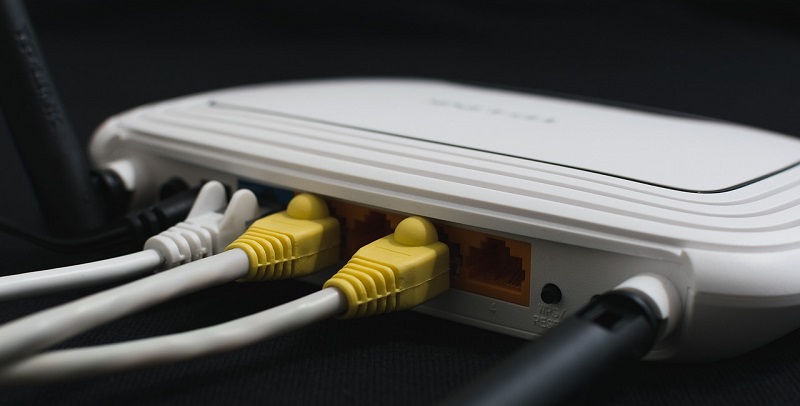As businesses increasingly move towards remote and hybrid work environments, it becomes critical for organizations to consider the security risks associated with employee use of personal routers and home networks. In this article, we will explore the importance of router security in organizations and the potential vulnerabilities associated with personal routers and BYOD use.
The Importance of Router Security in Organizations
Recent studies have revealed that organizations with managed, company-secured routers can reduce security risks by four times compared to those that do not have similar setups. This highlights the importance of investing in secure routers that come with regular updates and maintenance as a crucial step towards mitigating security risks within any organization. As organizations adapt to remote work models, employees are increasingly using personal routers to access work networks. This puts corporate data at significant risk, including unauthorized access to sensitive data, malware attacks, and hacking attempts, among others.
BYOD Trends in the Workplace
In early 2023, an estimated 56% of businesses will have employees working remotely or in hybrid work environments. The use of personal computing devices for work has also increased in recent years, with a significant uptick in usage reported since the beginning of the COVID-19 pandemic. According to a recent survey, approximately 42% of respondents reported using their personally-owned devices for work purposes.
IT Challenges Faced by the Move to Remote/Hybrid Work Models
The move towards remote and hybrid work models has presented significant challenges to IT departments, with recent Aberdeen research identifying the trend as one of the top four challenges faced by IT departments globally. The challenges related to remote/hybrid work models include issues with home networks and routers which often run on out-of-date hardware, with known vulnerabilities, leaving organizations open to security breaches.
Vulnerabilities in Routers
In 2021, researchers discovered 506 vulnerabilities in routers according to Kaspersky. These routers were found to have vulnerabilities such as cross-site scripting, buffer overflow, and code injection vulnerabilities. This number indicates significant concern for organizations using routers to support remote workforces, particularly in regards to the vulnerabilities in personal routers and home networks. With remote workforces, organizations should consider the importance of router updates and maintenance to mitigate security risks. IT departments must ensure that routers remain up-to-date with the latest security patches to reduce the potential risk of a cyber attack.
To enhance router security, organizations should consider implementing the use of managed, company-secured routers as they have shown to offer substantial protection against security risks. Additionally, organizations should consider wireless technology such as 5G as a means of mitigating home network security concerns. Moreover, IT departments should prioritize the regular updates and maintenance of all routers on the network, including personal routers utilized for remote work. By implementing these strategies, organizations can significantly reduce the security risks associated with remote and hybrid work models.

